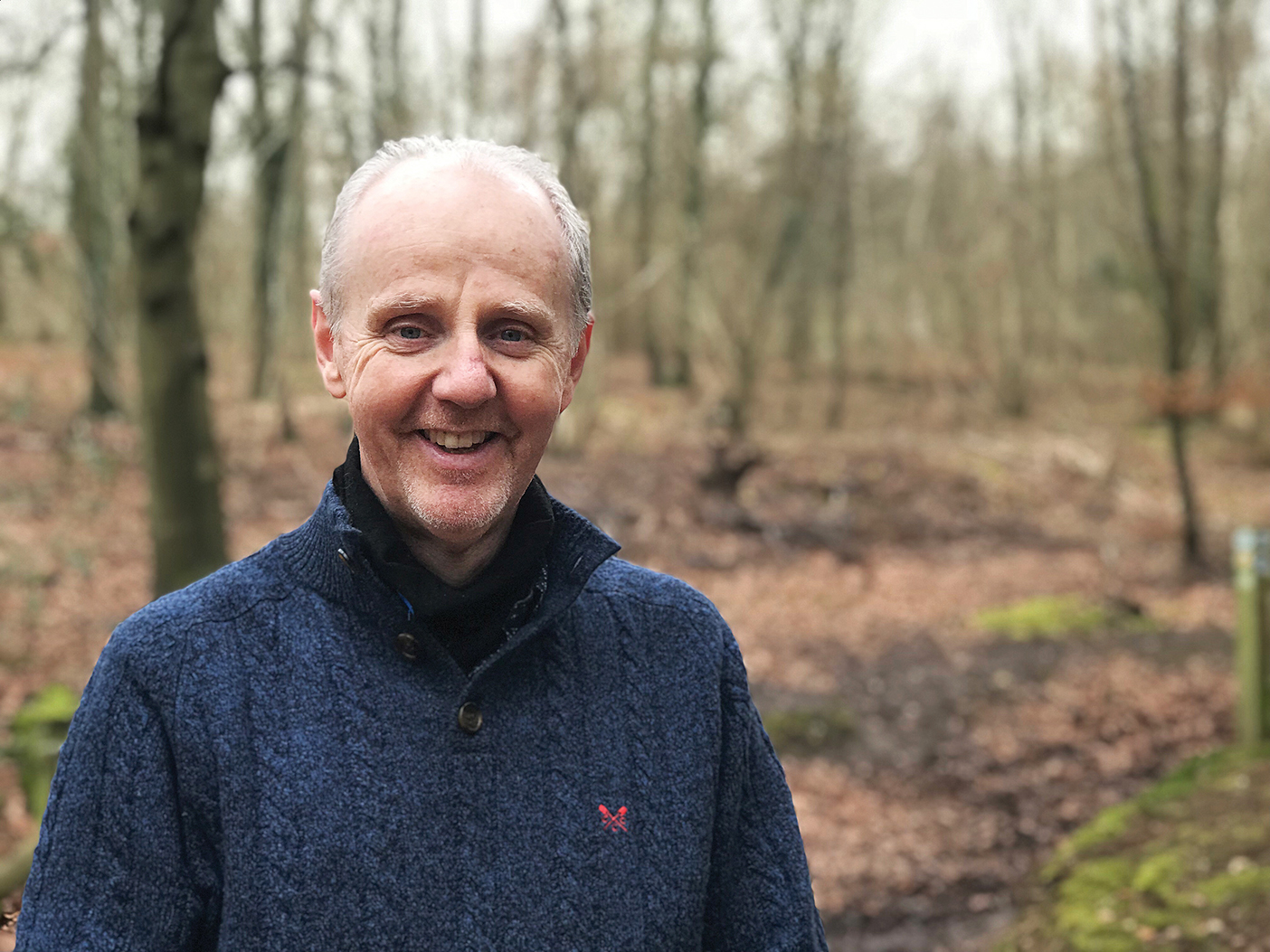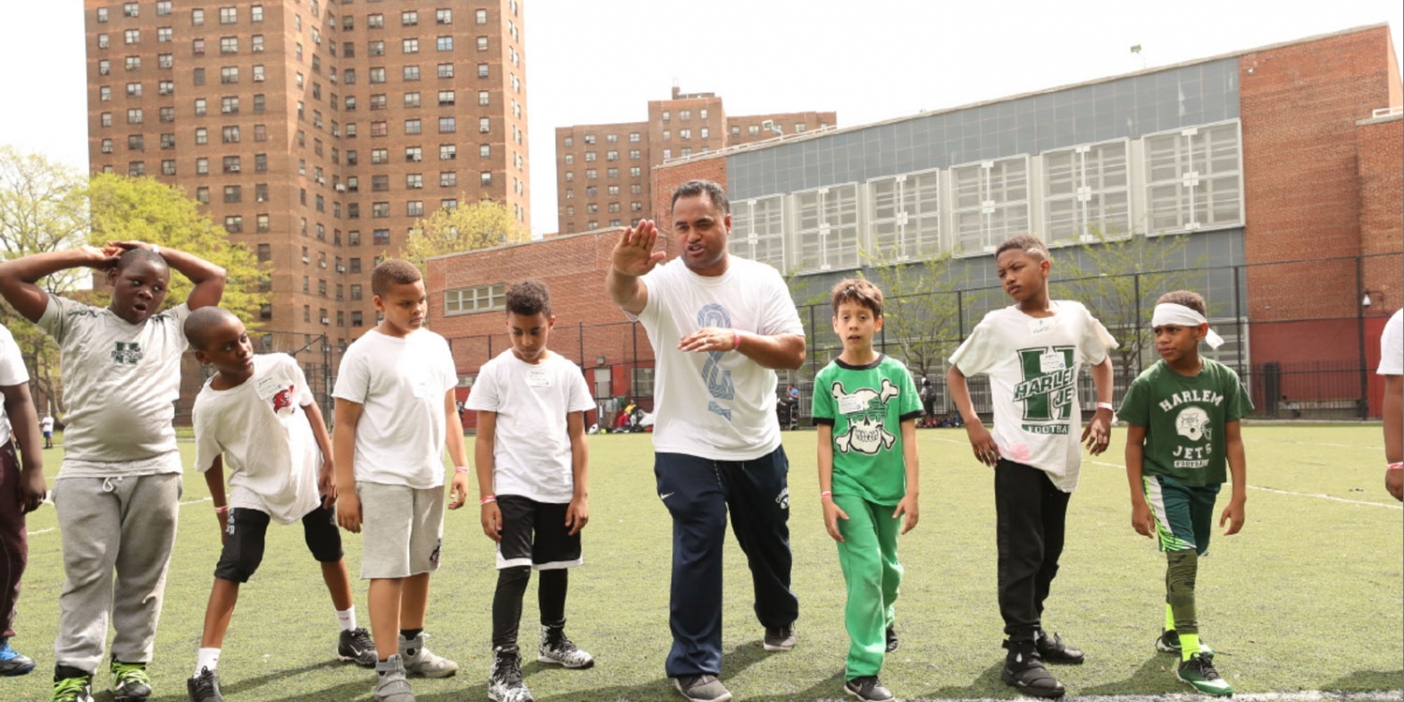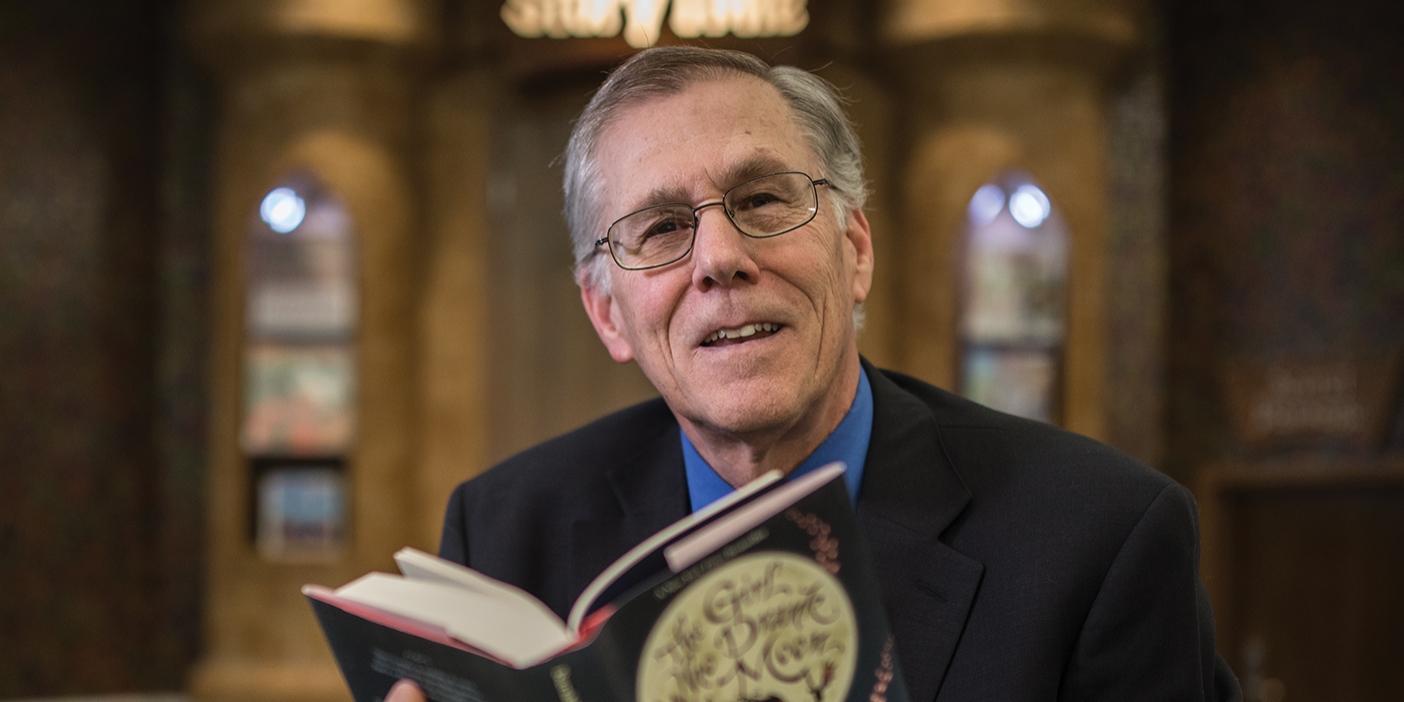
Childhood mentors led Alistair N. Aitchison (MBA ’92) to look beyond his Scottish fishing village to studies at the University of Edinburgh. Later, a job in Loughborough put him in the path of the Church, his wife, and BYU. Today, as an executive coach and change-management consultant who lives in Oxfordshire, England, it’s his turn to be the coach and motivator.
“I grew up in a working-class family. I messed around a bit at school and probably didn’t take as many opportunities as I should have done. The aspiration in my community was to become a fisherman or a farmer. But in sport and Scouting I had some leaders who saw something in me and said, ‘Alistair, you can do more than this, . . . but only you can make decisions about changes regarding your studies, your behavior, your relationships, your friendships.’ That really stayed with me.”
“We can do a job we’re told to do that isn’t necessarily greatly inspiring for us, or we can look around and create the journey ourselves, and, through that, find out things about ourselves we didn’t think were possible. I’ve seen that and felt that in myself.”
“I have a capacity-building mind-set. This mind-set aligns with our gospel understanding of our full potential, which we’re here to discover. I started taking that gospel principle into the workplace to help people improve, to take responsibility, to develop, and to produce beyond their current capacity.”
“Coaching is about empowering the individual. In mentoring, I share my experiences with learners so that they might then learn from my experience. But coaching is helping people find and reach down within themselves. It has two components: one is self-discovery; the other is encouragement and helping them on their own journey.”
“The last two years have been quite sweet for me because I have made a much more determined effort to spend time with each of my five kids. It’s one of the reasons I coach football. As coaches we teach principles and values. We empower those we coach by bringing knowledge, frameworks, experiences, and examples. We delegate responsibility to kids to make decisions in their own lives.”
“I teach the football team principles and values as opposed to telling them, ‘Do this, do that.’ If on the football pitch I say, ‘Run up that side! Take that ball inside!’ how’s that going to help them in decision-making? They need to know that, when you get the ball, here are the principles: if there’s space in front of you, go into that space; if there’s an attack and it’s coming toward you, look to pass or go round them; and if there’s a goal in front of you, shoot the ball. We give them good principles so that they can govern themselves—and discover themselves, as well.”
“We help individuals set boundaries around their values so they can say, ‘I’m going to do this or I’m not going to do that.’ Then, when they go outside of those boundaries, a coach helps usher them back in again and . . . keeps them accountable for that.”
“Having mentors to help you see the longer-term horizon is critical. I’m now president of the Greater London BYU Management Society chapter. We have a mentoring network, and . . . our senior-business-leaders group is a resource to our 18- to 30-year-olds to help them to get into careers and to see what’s coming, for example, with Brexit. . . . We’re trying to say to our young people, ‘These people are willing to invest their time in you. Use them.’ It’s difficult to get millennials to understand the urgency of taking advantage of those resources.”
“The beauty of our membership in the Church is we have an organization that reinforces what we’re trying to teach at home. Some of my own kids will make poor choices along the way, but they will never come back and say they weren’t loved or they didn’t know what the path looked like.”












